
views
Washington: Dominique Strauss-Kahn, a former French finance minister, was confirmed as the new head of the International Monetary Fund on Friday, continuing a six-decade tradition of a European leading the world body.
The decision in Washington by the IMF's 24-member board of member countries was made in two stages and included a secret straw poll followed by a formal vote.
Board officials, speaking on condition of anonymity, said it was obvious going into Friday's vote that Strauss-Kahn held a clear majority over Russia's nominee, former Czech prime minister and central bank governor, Josef Tosovsky.
Strauss-Kahn will begin his five-year term on November 1, succeeding Spaniard Rodrigo Rato, who announced in July he would step down after the IMF's fall meeting in mid-October.
"The executive board of the International Monetary Fund has just chosen me to succeed Rodrigo de Rato as managing director," Strauss-Kahn said in a statement. "This is for me a joy, honor and responsibility," he added.
A European has led the global financial institution since its post-World War Two inception in 1945. But the IMF's legitimacy has been questioned by the world's emerging economic powers, which want a greater say in the fund's decisions and economic policy advice.
Once at the center of financial crises in Asia and Latin America, the IMF's role has recently changed amid global economic calm where there has been less need for its emergency loans.
Since the crises, rapidly-growing emerging economic, especially in Asia, have amassed huge international reserves with many countries pooling the funds in regional agreements, which would mean they won't need to turn to the IMF for aid during future crises.
Warning signs
But with increased market volatility caused by a global credit crunch, the IMF has sounded warning bells on too much complacency and cautioned that the pace of global economic growth is likely to slow, especially in the US.
Strauss-Kahn, 58, pledged to reform the institution to make it more representative of its 185 members and to strengthen its monitoring of economies.
"I am determined to pursue without delay the reforms needed for the IMF to make financial stability serve the international community, while fostering growth and employment," he added. The suave architect of France's economic recovery in the late 1990s, known as "DSK," is no stranger to difficult tasks. A formidable debater, he is equally comfortable talking the language of politics or economics -- in English, French or German -- skills that will be useful in his new role.
His critics wrote him off last year when he failed to win the Socialist party's nomination for the French presidential election and looked set to finish his career as an economics professor in Paris.












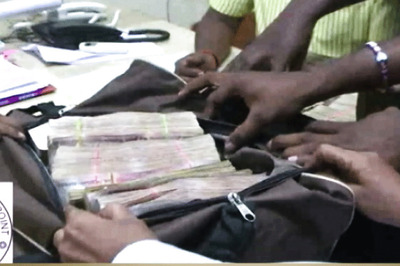

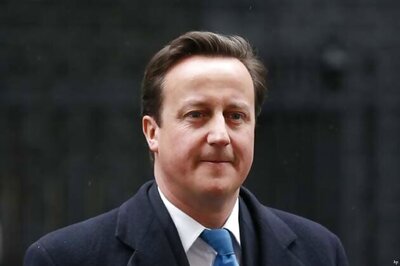
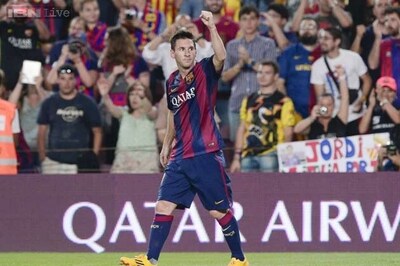
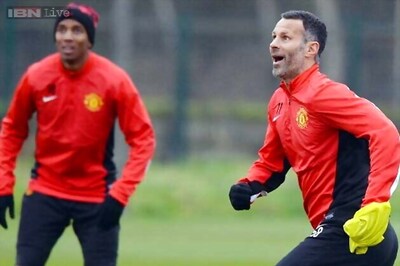

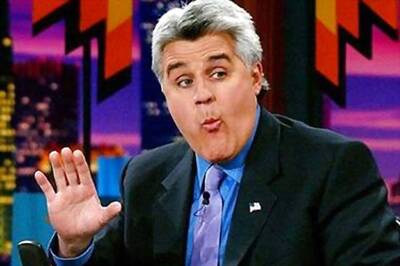

Comments
0 comment